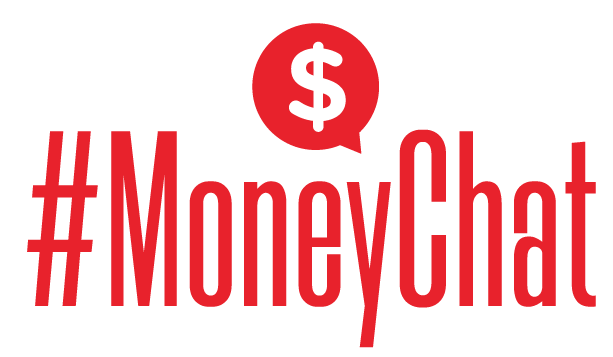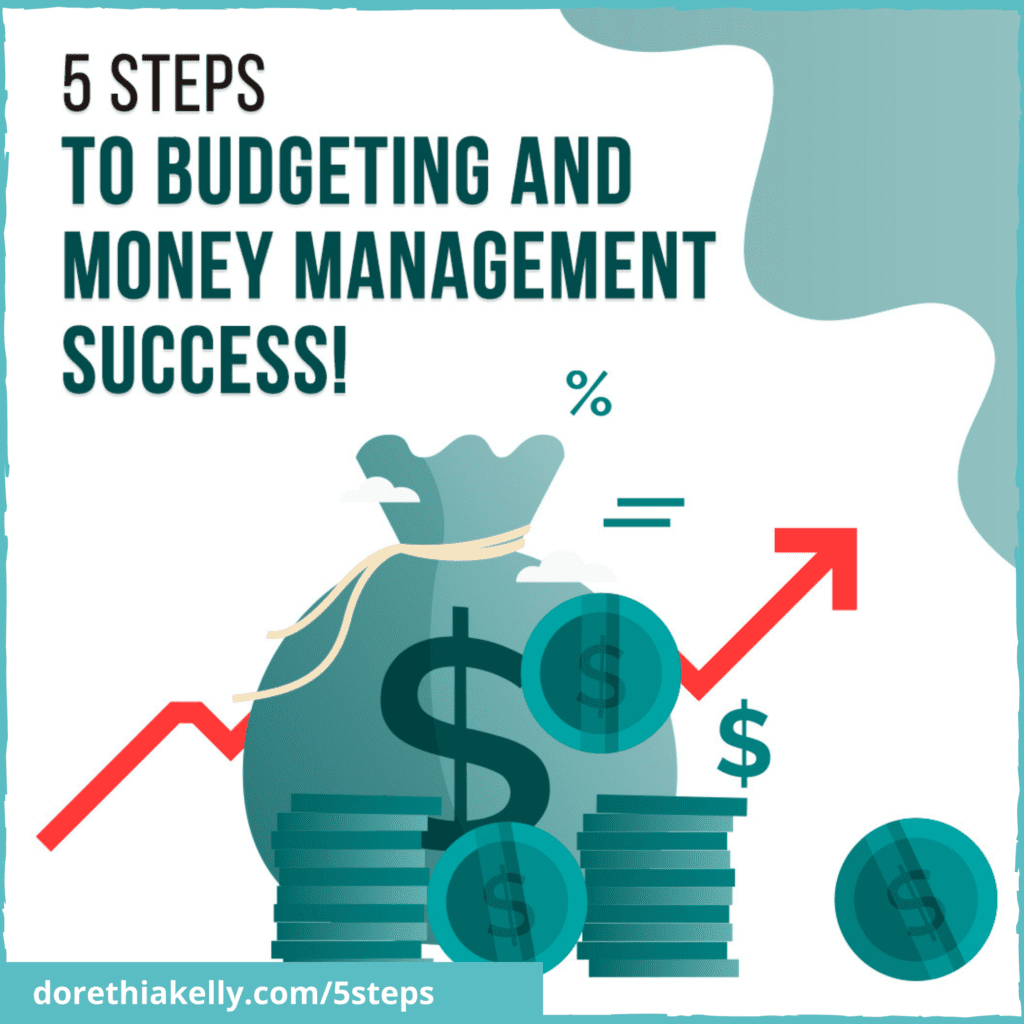Do you ever feel like you’re spending too much money in your business and not seeing a return on your investment? Many entrepreneurs feel this way so you’re not alone.
Running a business will cost money, but it’s not always easy to determine how much money it will cost month after month.
Plus, we all want to be profitable. No matter how long you’ve been in business, you deserve to be profitable and pay yourself a salary.
Here are a few steps to help you evaluate your business expenses for maximum profit.
Add Up Your Revenue For the Past 12 Months
This is an important initial step. It’s key to find out how much you’re actually bringing in each month. You can track your income via spreadsheet, but you can also purchase bookkeeping software to help you gather more accurate numbers.
For the past few years, I’ve been using GoDaddy Bookkeeping software to track my income. It’s only $10 per month and it connects to all my accounts (even Stripe and PayPal) to track my incoming payments.
I also hear Quickbooks does a good job at this too. If you have multiple streams of income as most business owners do, it can be difficult to keep up with everything.
Tracking your revenue down to the penny gives you a realistic picture of how much you make so you have a gauge when it comes to business expenses.
Determine Your Tax Bracket
Entrepreneurs need to set aside enough money to pay taxes each quarter. This is something you can’t afford to underestimate. Be sure to speak with your tax professional to determine what tax bracket you’re in.
This will help you narrow down how much you need to set aside each month. You can also just ask your tax professional to recommend how much they think you should be saving.
Don’t skimp on tax savings and remember, the money isn’t yours – it’s the governments.
Be Honest About What Makes Your Business Profitable
Once you’re clear on the income you’re bringing in and how much you’re setting aside for taxes, you can start to look at expenses.
Remember income – taxes = profit or whatever is leftover for your living expenses and business expenses. When considering which business expenses you should keep, be honest about what is actually making you profitable.
If you specialize in a few services or sell a few products, which one is making you the most money and keeping things afloat. As the popular saying goes, if it’s not broke, don’t fix it. This means if you have a profitable service, it makes sense to spend a little money on expenses that help keep that service going.
For example, if you’re a graphic designer who makes their bread and butter designing logos and websites, it makes sense that you’d want to invest in quality design software and tools.
Assess Each Expense Line-by-Line
Once you know which expenses you’ll keep without a doubt, go through each of the remaining expenses. Ask yourself things like Would my business keep moving forward if I gave up this expenses? or What type of convenience is this providing me with?
Sometimes, it helps to look at the annual cost of expenses to see how much it’s truly costing you. I used to pay an assistant to post on social media for me. It seemed like a worthy monthly expense until I added up the yearly cost.
I was spending over $1,000 per year for this task and my social media platforms weren’t necessarily booming as a result. I also realized that I could be working smarter by purchasing a program that recycled social media posts and published them at the best times.
This program was only around $400 per year. Clearly, I could be saving money by cutting out that expenses and trying something new.
Keep a Clear Goal in Mind For Business Expenses
One of the costliest mistakes an entrepreneur can make is spending mindlessly with the idea that they’re “investing in their business”. Sure, investing in your business sounds like a great idea, but what does it truly mean? What is your end goal?
If you’re putting money into your business, you should be getting a desired result in return. If your business is not profitable as a result of the expense, consider reducing it or cutting it out completely.
In order cases, you could boost your profit by DIYing it instead. Don’t make the mistake out outsourcing every little thing. If you have time to focus on work in a particular area of your business, why not take it on and keep all the profit for yourself?
Recently, my Pinterest marketing assistant quit working for me and I decided to take on the task by myself rather than hire out someone else. I was paying my former assistant $225/month or $2,700 per year and her services truly did help my overall profit.
However, I decided to ask her for her process so I could do it myself. I now spend only about an hour per week doing Pinterest work and I’ve tweaked the process I received to get even better results. This has added almost $3,000 of profit back into my business.
Summary
Business expenses don’t have to suck the life out of your income and profit. You can actually invest in your business wisely setting goals behind expenses and measuring results. Feel free to justify expenses that are contributing to the products and services that help you bring in more earnings.
Also, don’t be afraid to cut unnecessary expenses or DIY if you have the time and energy. This could help you save money and grow your business faster since you’ll have more funds to work with.
Have you ever evaluated your business spending? It’s best to go through and audit your expenses at least once every 6 months. What are some business expenses you feel you can do without?












0 Comments